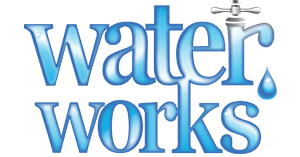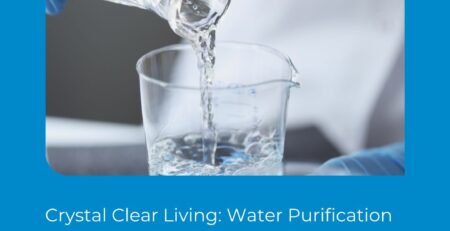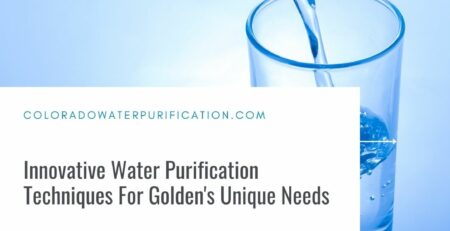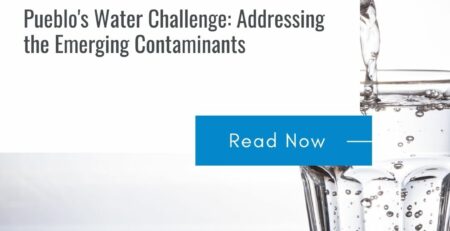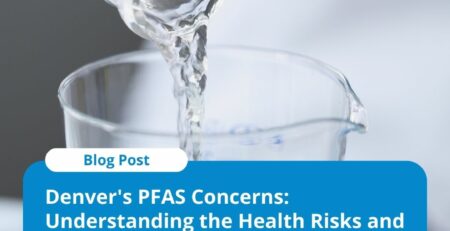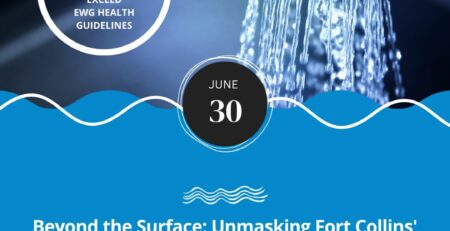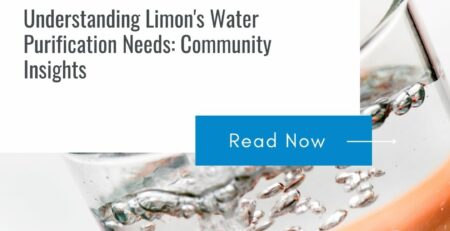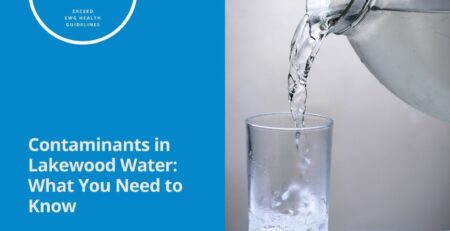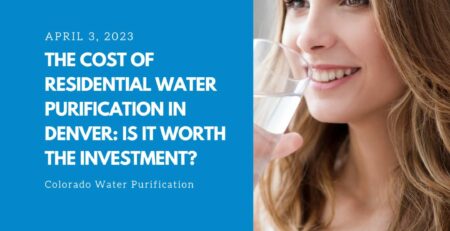Denver’s Dilemma: Addressing The Efficiency Of Tankless Water Heaters With Softened Water
Welcome to another exciting water purification discussion. This time, we will delve into Denver’s growing concern regarding the impact of hard water on household water heaters, and the potential solution utilizing tankless water heaters along with water softeners. Let’s take a deep dive!
The Hard Water Challenge in Denver
Residing amidst the beautiful Rockies, Denver residents confront a rather rocky problem – hard water. Denver’s water supply contains a high degree of hard minerals, mainly calcium and magnesium. These minerals can potentially reduce the efficiency of water heaters by forming limescale deposits, leading to higher energy use and operation costs.
The Tankless Water Heaters and Softened Water Solution
The primary response to this problem has been the combined use of tankless water heaters and water softeners. Tankless heaters, as the name suggests, do not need a storage tank to heat water. They heat water on demand, providing it instantaneously. Water softeners, on the other hand, reduce the mineral content in water, preventing issues linked to hard water.
Evaluating Efficiency and Effectiveness
By eliminating the need to continuously heat a large volume of water in a storage tank, tankless heaters can be significantly more energy-efficient. When used in combination with a water softener, any potential limescale development can be mitigated, leading to optimal heater performance and greater durability.
Potential Challenges and Costs
Despite these advantages, it’s crucial to be aware of the associated costs and challenges. Initial installation costs can be higher than traditional systems. Routine maintenance of both the water heater and softener is also necessary to ensure long-term effectiveness. However, these costs may offset over time with increased energy efficiency and less frequent replacement needs.
Insights from Denver Experts and Residents
We reached out to local experts and Denver residents to gather real-world experiences. Unanimously, they all noted improved heater performance, reduced energy bills, and less worries about limescale buildups, greatly endorsing the combined deployment of tankless water heaters and water softeners.
Environmental Impact
Aside from efficiency, the environment can also benefit. The energy savings afforded by these systems translate into reduced carbon footprints. Additionally, since softened water helps prolong the equipment’s lifespan, this reduces waste and demand for manufacturing new units.
Conclusion: Is It Worth It For Denver?
The case study indicates that despite initial cost hurdles, the use of tankless water heaters in conjunction with water softeners proves to be a good fit for Denver. The solution addresses both the city’s hard water issue and the need for energy-efficient heating solutions, while also considering environmental impacts.
Ready to embark on your journey towards crystal-clear, pure water for your home? Colorado Water Purification is here to guide you every step of the way. Contact us today to discover how we can transform your water experience, or visit our contact page to get started. Let’s ensure your water is as pure and healthy as it can be. Welcome to a world of clean water!
